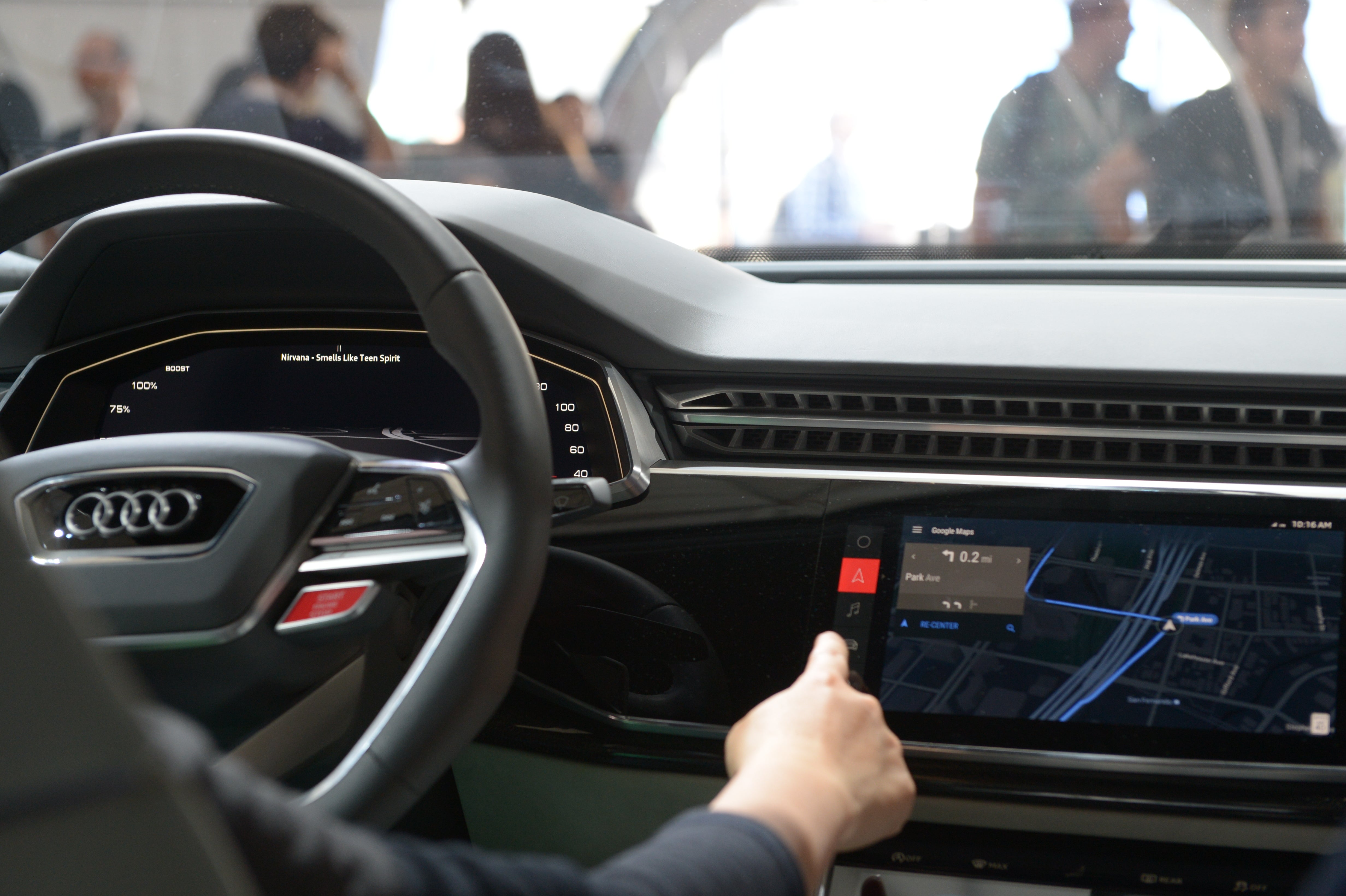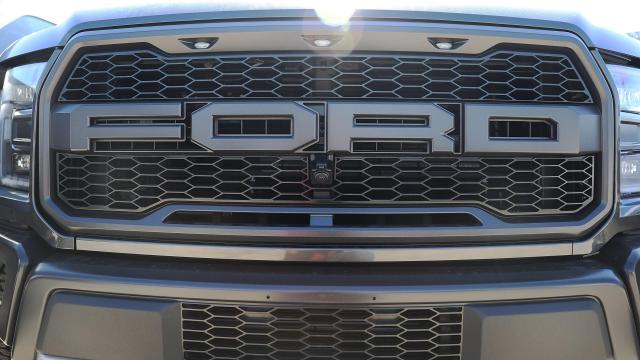Your new car doesn’t exactly know where you’re going, but it certainly knows where you’ve been. And it’s sharing all your sensitive data with carmakers like Ford, Toyota, and Chevrolet — as well as shady third parties in certain cases, according to Wired. Modern cars have come to rival smartphones in terms of data collection, reportedly producing up to 25 gigabytes of data per hour.
The data includes things like drivers’ full names, addresses, phone numbers, emails, and licence numbers, which more or less makes sense. It seems like every purchase is now accompanied by a polite request for your email or phone number, which is annoying but has become a practice we mostly accept.
Modern cars, however, are also recording detailed driving data, including date and time of use, vehicle speed, acceleration and braking, and the details of any given trip, such as location, weather, and route taken. Some of the latest models are also tracking “refuelling activity,” battery levels, images from onboard cameras, and even biometrics such as facial recognition and fingerprint data.
This driver data is handled differently by automakers, which set their own policies when it comes to data collection and subsequently have varying degrees of invasiveness. Toyota’s vehicle data collection will differ than Chevrolet’s, for example, as Wired notes:
As well as information about who you are, Toyota can also collect your “driving behaviour.” This includes information such as your “acceleration and speed, steering, and braking functionality, and travel direction.” It may also gather your in-vehicle preferences, favourite locations saved on its systems, and images gathered by external cameras or sensors.
Some models of Toyota can also scan your face for face recognition when you enter one of its vehicles. Corey Proffitt, a senior manager for connected communications at Toyota, says this can verify a driver’s identity and the profile that is stored on a vehicle. “This data is not readable by humans, and any facial features are only stored on the vehicle and not transmitted to Toyota,” Proffitt says.
The report adds that Toyota vehicles, including Tacoma, Camry, Rav4, and Highlander, do give owners the option to decline consent before sending any information to Toyota, and that owners can “turn off all data transmission on their vehicle” by contacting customer service.
On the other hand, Chevrolet’s data collection on the popular Chevy Silverado goes a bit further than that, per Wired:
As a starter, GM collects people’s identifiers, such as names, postal addresses, and email addresses. Chevrolet’s documents say it can collect information about your vehicle, such as its battery, ignition, and window data, gear status, and diagnostic information. It can also collect, among other things, your location, route history, your speed, and “braking and swerving/cornering events.”
The documents also say data “from camera images and sensor data, voice command information, stability control or anti-lock events, security/theft alerts, and infotainment (including radio and rear-seat infotainment) system and Wi-Fi data usage” can be collected. The company can also receive “information about your home energy usage,” which relates to the charging and discharging of electric vehicles.
The Chevy truck’s main rival, the Ford F-150, includes similar information but the F-150 takes an even closer look at driver habits via data harvested from its built-in microphones:
[…] This includes vehicle data, such as tire pressure, information about how parts are performing, and vehicle charging information if a vehicle is electric.
The company also can collect driving data and characteristics, such as your speed, how you push the pedals, and seat-belt-related data. Information about your travel direction, precise location, speed, and local weather can be gathered from the vehicle.
Voice recognition systems in some of its vehicles can gather information when they are listening. Its “media analytics” involves capturing information about what you listen to in your car, including “radio presets, volume, channels, media sources, title, artist, and genre.
It may be bad enough to know that all this sensitive information is being shared with manufacturers, but Wired says the info can end up in the hands of data-brokers and other third-parties.
Carmakers will sometimes share or sell the data with insurance firms, the government, and data brokers. It’s unclear what the going rate is for the gigabytes of data collected by new cars or how much money, exactly, automakers are making off the sale of this information. Whatever it is, as long as drivers don’t see dividends, it’s likely too much.

